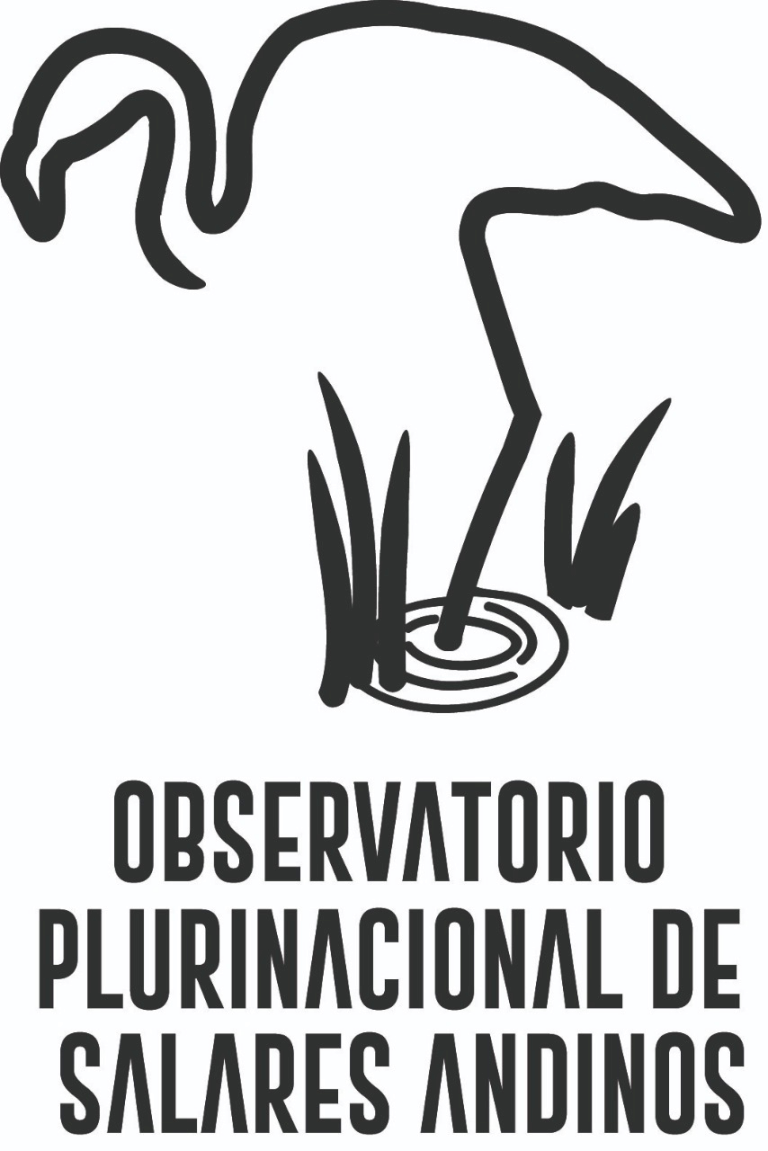Published by Javiera Ortiz Pulgar
The third version of the Global Extraction Film Festival (GEFF), a film festival that aims to show the destructive impacts of extractive industries worldwide, will be held between 26-30 october. This year’s program includes more than 250 documentaries and short films from 50 countries. Among them, «Andean Salt flats: Water is worth more than lithium», a documentary by the Plurinational Observatory of Andean Salt Flats (OPSAL in Spanish) that shows the impacts of non-metallic mining in the salt flats of Chile, Argentina and Bolivia.
For Ramón Balcazar, coordinator of Fundación Tanti and also director of the documentary, it is «a collaborative work born from our own struggle and therefore has a very important component of self-management, made possible thanks to OPSAL’s organization and our need to show the socio-environmental injustices existing in these little known”.
. Ramón Balcazar, director of the documentary and also coordinator of OPSAL Chile, together with Verónica Chávez, defender of the Salinas Grandes in Jujuy, Argentina.
In the last decade, lithium mining has expanded in Chile, Argentina and Bolivia in response to the electromobility industry imposed as the main strategy of the energy transition agenda. Growth that has brought high impacts for the communities surrounding salt flats and wetlands, such as precarious access to water for daily life, the development of subsistence economy, such as agriculture.
«The environmental and social impact of lithium exploitation must reach the potential consumers of electromobility», says Nestor Ruiz, anthropologist, environmental expert and member of «Asamblea Juntos Podemos en un Ambiente Sano», one of the eight social, community and indigenous organizations that inhabit the Atacama puna in Argentina, Bolivia and Chile and that participated in the making of this documentary supported by Fundación Tantí and sponsored by Global Greengrants Fund and the Heinrich Böll Cono Sur Foundation.
Nestor Ruiz junto a Rocío Valencia, ambos integrantes de «Asamblea Juntos Podemos en un Ambiente Sano». Nestor Ruiz with Rocío Valencia, both members of «Asamblea Juntos Podemos en un Ambiente Sano».
Vivian Lagrava, lawyer, coordinator of OPSAL Bolivia and member of the Empodérate Potosí Human Rights Collective, hopes that this documentary will also reach decision-makers and authorities.
«We not only seek to generate environmental awareness in the people, but also political will in the authorities and decision-makers, which allows us to generate concrete actions for the protection of salt flats and wetlands. Where governments comply with the legal framework of protection of their respective countries, and also with international regulations, moving towards greater regulation and protection of the basins,» he explains.
This documentary, which took more than two years to research, produce and produce, also shows the actions taken by the communities of more than 10 salt flats to counteract the impacts of lithium extraction: Coordinadora por la defensa del Río Loa (Calama Chile), Comunidad indígena Colla de la comunidad de Copiapó (Copiapó Chile), Movimiento Atacama somos todos (San Pedro de Atacama, Chile), Colectivo Empodérate (Potosí, Bolivia), Unidad de Medio Ambiente Asociación Consejo de Pueblos Atacameños ( San Pedro de Atacama, Chile), Mesa de las 33 comunidades de Salinas Grandes y Laguna Guayatayoc (Jujuy Argentina), Asamblea Juntos Podemos en un Ambiente Sano (Jujuy Artgentina), Asamblea Pucará (Catamarca, Argentina).
«Learning from the people about the care of the pachamama and the importance of the salt flats in these communities is one of the most important aspects of this project. As a producer, it is important for us to make visible what is happening with the excessive extraction of these salt flats,» says Nicole Vilches of Minke Producciones, in charge of making the feature film.
Vivian Lagrava junto a Ramón Balcazar y defensora del Salar de Uyuni. Vivian Lagrava with Ramón Balcazar and defender of the Salar de Uyuni.
Check the complete program of GEFF2022 here and more details of the documentary «Andean Salt Flats: Water is worth more than lithium» here (available in Spanish and English subtitles).
Trailer: https://vimeo.com/ondemand/waterisworthmorethanlith
About OPSAL
The Plurinational Observatory of Andean Salt Flats (OPSAL), a collective that brings together representatives of indigenous peoples, environmental activists and researchers around the protection of Andean salt flats and wetlands, unique and fragile ecosystems threatened by the advance of lithium mining and other forms of mining extractivism in the vast Puna de Atacama.

